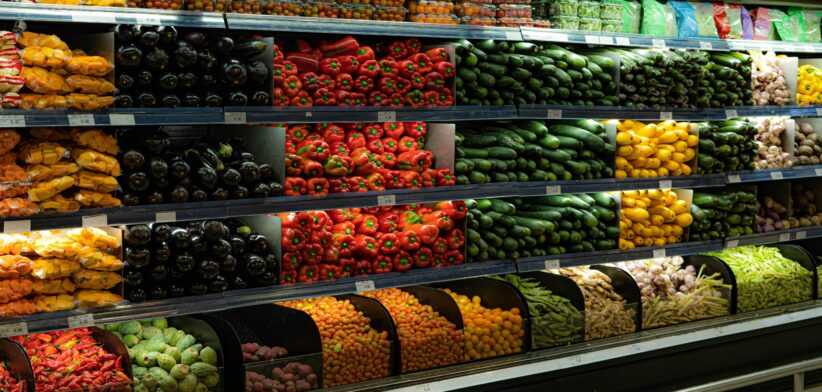The first stocktake of Australia’s $800 billion food system has revealed we have the highest per capita hidden costs of any food sector in the world.
The CSIRO report looked at the nation’s multi-billion industry, in which 100,000 local farmers fed around 100 million people, including 27 million Aussies.
CSIRO Agriculture and Food Director Michael Robertson said the report revealed the hidden costs of Australia’s food system could be as high as $274 billion.
Dr Robertson said the main drivers were primarily environmental and health impacts, with the costs the highest per capita in the world.
“Our food system is more than just producing and exporting commodities – it’s also about providing equitable access to safe, nutritious and healthy food, produced sustainably for all Australians,” he said.
“We have an intergenerational responsibility to pursue these goals vigorously,” he said.
Dr Robertson said the report urged a new approach to managing and reporting on the nation’s food system to make it more resilient to the challenges faced by farmers, to deliver healthy food for all, and to meet critical sustainability challenges.
“As the first national stocktake to deepen our understanding of Australia’s complex food system, the report highlights strengths and identifies practical strategies for improvement.
“This national stocktake provides an evidence base to guide our actions as social, cultural, environmental, and economic priorities shift.”
Dr Robertson said while Australia’s wider food system was an economic and production success, generating more than $800 billion annually and providing significant employment particularly in regional areas, the intersection of the food system with other critical goals called for a more comprehensive way to evaluate its performance.
He said Australia’s food system included a range of factors from production to distribution and consumption of food and food ingredients, nutrition and health, alongside the natural and social systems that support it.
CSIRO Sustainability Research Director Larelle McMillan said food policy in Australia was currently fragmented across portfolios as diverse as agriculture, environment, industry, social services, health, transport and urban planning.
“We need to move from analysing specific parts of the food system, to establishing coordinated reporting for important food system attributes and interactions, thus enabling connected up action for a national food system that serves all,” Ms McMillan said.
She said the report identified three key steps to guide a systems-based approach for transformation:
- Recognising the food system as an integrated whole, moving beyond a fragmented, sector-based view.
- Navigating responsibility across government, industry, and communities to ensure shared accountability for sustainability, nutrition, and equity goals.
- Enabling interactions across disconnected parts of the system, from farming and nutrition to policy and innovation.
Read the full report: Towards a state of the food system report for Australia.








